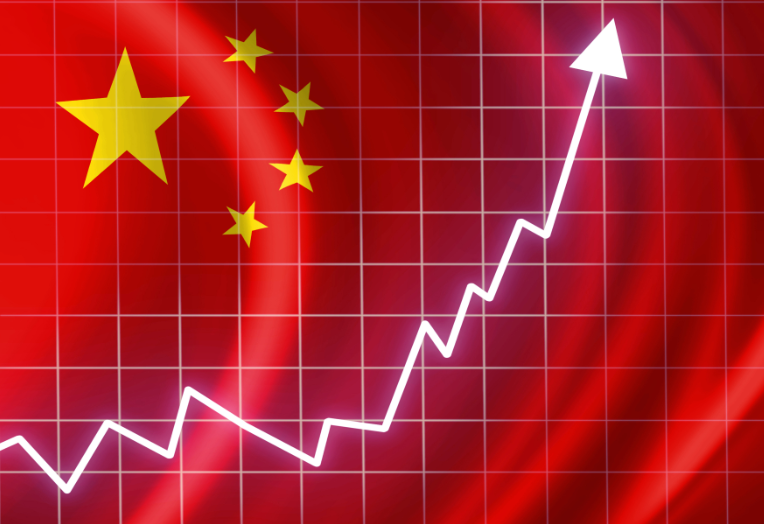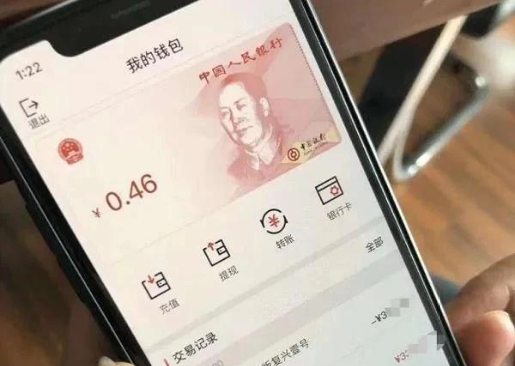Stephen Roach, Senior Fellow, Yale University
Mar 25, 2021
It wasn’t just the weather that was cold when senior US and Chinese officials convened recently in Anchorage, Alaska to try to reset their countries’ relations after four years of mounting tension. Sadly, the meeting was more reminiscent of the Cold War era than of a fresh start. That needs to change quickly – before it is too late.
Chen Jimin, Guest Researcher, Center for Peace and Development Studies, China Association for International Friendly Contact
Mar 23, 2021
The primary takeaways involve China’s military spending, development pattern and approach to relations with the United States. Both countries know that only by dealing with domestic issues will they be able to maximize their international role.
Zhou Xiaoming, Former Deputy Permanent Representative of China’s Mission to the UN Office in Geneva
Mar 22, 2021
This year’s National People’s Congress was held at a historic juncture, with the country having largely achieved its goal of becoming a well-off society. GDP is rising to match the United States, and per capita income rose to more than $10,000. Absolute poverty in the country was eradicated. Here’s what it all means.

Hua Xin, PhD, CASS Graduate School
Mar 22, 2021
Because of its huge population and uneven development, China remains the largest developing country in the world. Everything is in transition. We ask that the country not be judged by imagination. Rather see it for what it is, in good faith. We are a hardworking nation setting great goals and striving to improve our lot.
Tom Watkins, President and CEO of the Economic Council of Palm Beach County, FL
Mar 17, 2021
Traditional narratives about farmers and the American heartland paint a narrow picture of what agricultural industry leaders are hoping to achieve with the United States Heartland China Association.
Li Daokui, Economist and Professor of economics at Tsinghua University
Mar 17, 2021
China needs to lay solid groundwork for domestic development, achieve a stable and controllable production regime and master core technologies. At the same time is should unleash Chinese market demand, so it no longer has to depend on foreign markets.
Eric Harwit, Professor, University of Hawaii Asian Studies Program
Mar 03, 2021
Trump’s hardline stance against Chinese influence put popular apps TikTok and WeChat in the crosshairs during his final year in office, but his predecessor shares with him a history of restricting Chinese tech companies in the U.S. as well.
Leonardo Dinic, Expert in Geopolitics and International Business, the Future of Work, and Emerging Technologies
Mar 03, 2021
The Trump administration’s weaponization of the U.S. dollar pushed other countries to reconsider their dependence on the currency in global markets. China and Russia may plan to insulate themselves from dollar instability by pursuing the ‘de-dollarization’ of international trade.

Christopher A. McNally, Professor of Political Economy, Chaminade University
Mar 03, 2021
China’s state-backed digital currency has the potential to reshape global financial markets and could revolutionize money for good.
Xu Hongcai, Deputy Director, Economic Policy Commission
Mar 02, 2021
The post-pandemic era provides paths that, if followed, will catapult the country into first place globally by mid-century. It will open wider, increase cooperation with international partners and make even greater contributions to the world economy.
Back to Top

- China-US Focus builds trust and understanding between the U.S. and China through open dialogue among thought leaders.
- Our Offerings
- Topics
- Videos
- Podcasts
- Columnists
- Research Reports
- Focus Digest
- Stay Connected
-
Thanks for signing up!
- Get the latest stories from China-US Focus weekly.